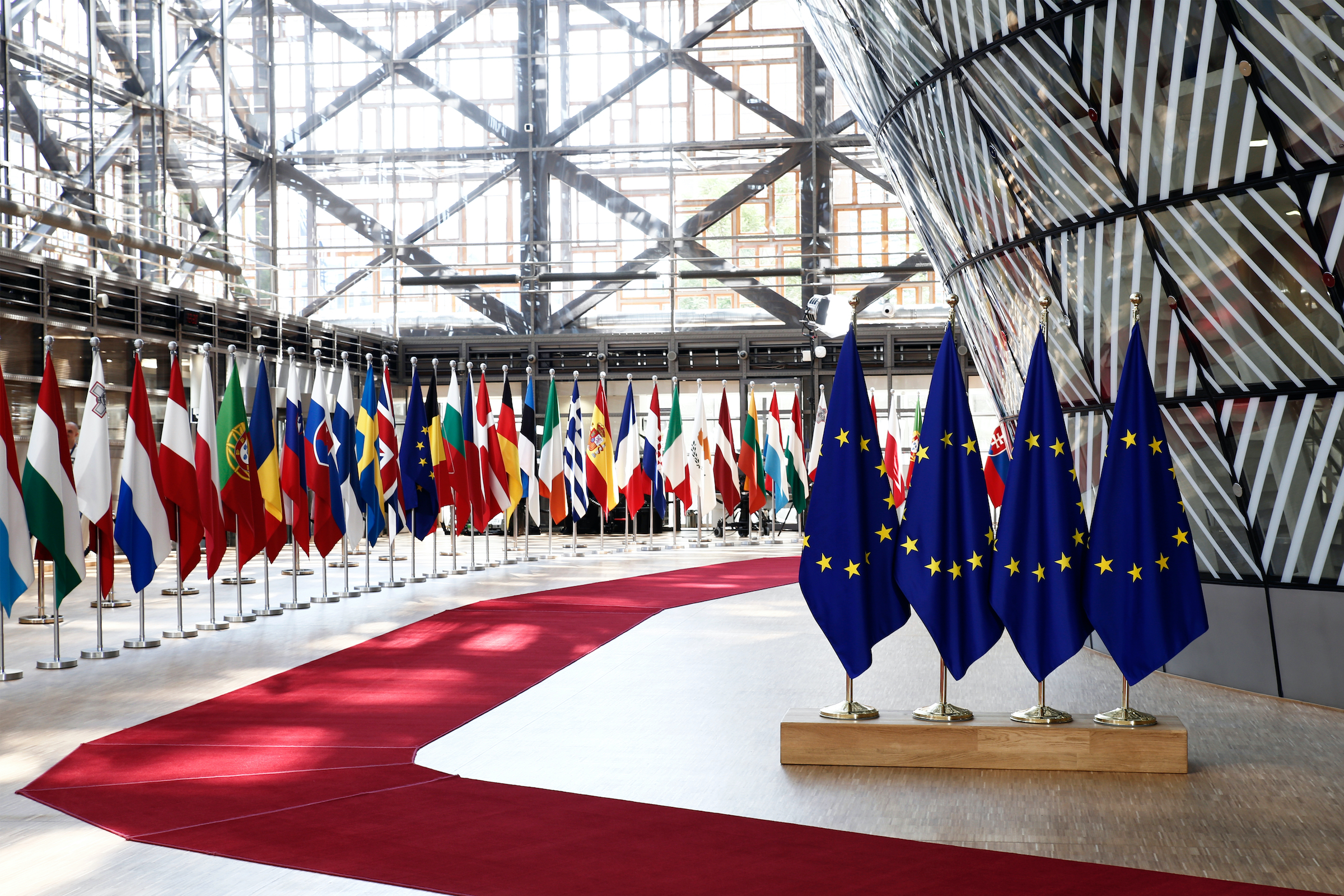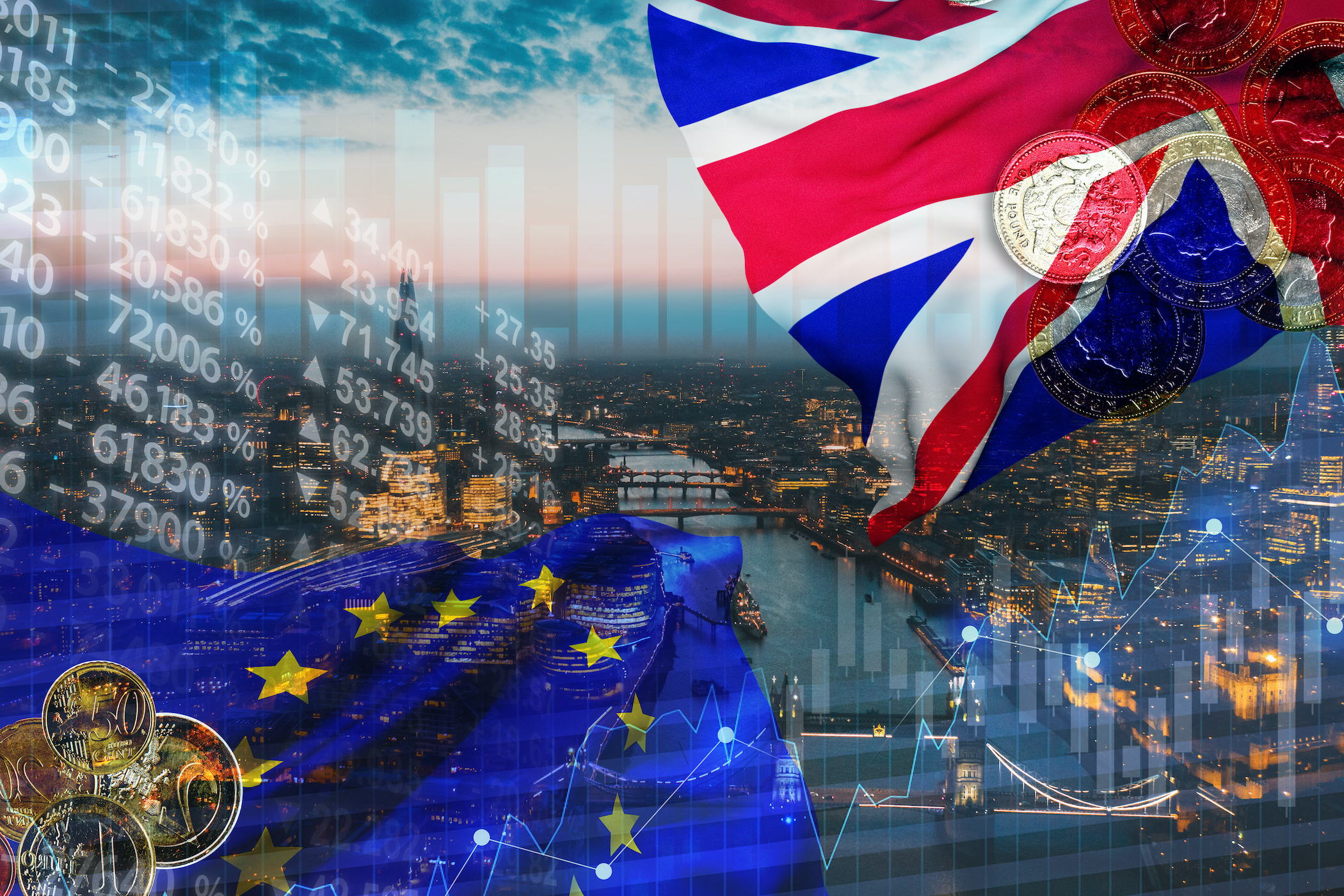The main structural problem that the European Union faces when it comes to its own legitimacy – besides process and delivery issues – is the fact that politics in Europe remains national. People listen to national politicians and national politicians will never willingly give credit to the European Union for things that go well, whilst taking responsibility for things that go badly. So, there is always a temptation to blame the European Union for failures and to take credit for successes themselves.
After the Brexit referendum, President Macron himself said, look, if we’d done the same thing here, it’s quite possible it would have gone the same way. There is a reluctance that is structural, in a sense, to give the European Union credit at the national level for things it is doing well, and that clouds negative public perceptions about European integration. That said, one of the implications of Brexit is that in the opinion polling, support for EU membership went up quite strongly across the 27 Member States following the UK referendum in this country.


